How breathalyser could revolutionise cancer diagnosis
The Breath Biopsy is being trialled at Cambridge hospital
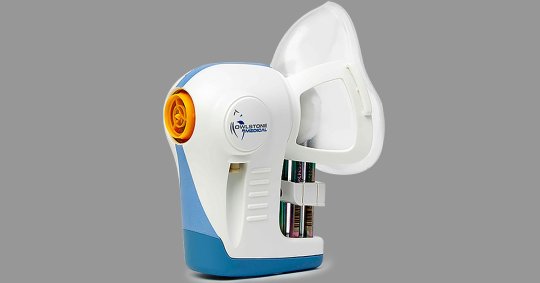
A free daily email with the biggest news stories of the day – and the best features from TheWeek.com
You are now subscribed
Your newsletter sign-up was successful
A breathalyser test that could save thousands of lives by making cancer diagnosis simpler and cheaper is undergoing clinical trials in the UK.
The Breath Biopsy device is designed to pick up early signs of cancers that enter the breath and become airborne, The Guardian reports. Experts say it could save millions of pounds in healthcare costs, by dramatically reducing the need for biopsies.
A total of 1,500 people, including healthy individuals as well as cancer patients, have been recruited for a two-year trial of the breathalyser at Addenbrooke’s Hospital in Cambridge.
The Week
Escape your echo chamber. Get the facts behind the news, plus analysis from multiple perspectives.

Sign up for The Week's Free Newsletters
From our morning news briefing to a weekly Good News Newsletter, get the best of The Week delivered directly to your inbox.
From our morning news briefing to a weekly Good News Newsletter, get the best of The Week delivered directly to your inbox.
Participants will be asked to breathe into the device for ten minutes to capture airborne molecules called volatile organic compounds (VOCs), which will then be sent to a nearby laboratory for analysis.
As part of their normal metabolic processes, cells in the body produce a range of VOCs, which find their way into the lungs and emerge in the breath, The Independent reports. Scientists believe cancer may cause recognisable alterations in the pattern of VOCs, aiding in the early detection of the disease.
Only patients with suspected oesophageal and stomach cancers will take part in the trial initially, but the programme will later be expanded to include kidney, prostate, bladder, liver and pancreatic cancers.
Lead investigator Professor Rebecca Fitzgerald, from the Cancer Research UK Cambridge Centre (CRUK), said: “We urgently need to develop new tools, like this breath test, which could help to detect and diagnose cancer earlier, giving patients the best chance of surviving their disease.
A free daily email with the biggest news stories of the day – and the best features from TheWeek.com
“Through this clinical trial we hope to find signatures in breath needed to detect cancers earlier. It’s the crucial next step in developing this technology.”
Billy Boyle, co-founder and chief executive of Owlstone Medical, which invented the device, said: “There is increasing potential for breath-based tests to aid diagnosis, sitting alongside blood and urine tests in an effort to help doctors detect and treat disease.
“The concept of providing a whole-body snapshot in a completely non-invasive way is very powerful and could reduce harm by sparing patients from more invasive tests that they don’t need.
“Our technology has proved to be extremely effective at detecting VOCs in the breath, and we are proud to be working with Cancer Research UK as we look to apply it towards the incredibly important area of detecting early-stage disease in a range of cancers in patients.”
-
 Corruption: The spy sheikh and the president
Corruption: The spy sheikh and the presidentFeature Trump is at the center of another scandal
-
 Putin’s shadow war
Putin’s shadow warFeature The Kremlin is waging a campaign of sabotage and subversion against Ukraine’s allies in the West
-
 Media: Why did Bezos gut ‘The Washington Post’?
Media: Why did Bezos gut ‘The Washington Post’?Feature Possibilities include to curry favor with Trump or to try to end financial losses
-
 The truth about vitamin supplements
The truth about vitamin supplementsThe Explainer UK industry worth £559 million but scientific evidence of health benefits is ‘complicated’
-
 Covid-19 mRNA vaccines could help fight cancer
Covid-19 mRNA vaccines could help fight cancerUnder the radar They boost the immune system
-
 Deadly fungus tied to a pharaoh's tomb may help fight cancer
Deadly fungus tied to a pharaoh's tomb may help fight cancerUnder the radar A once fearsome curse could be a blessing
-
 'Poo pills' and the war on superbugs
'Poo pills' and the war on superbugsThe Explainer Antimicrobial resistance is causing millions of deaths. Could a faeces-filled pill change all that?
-
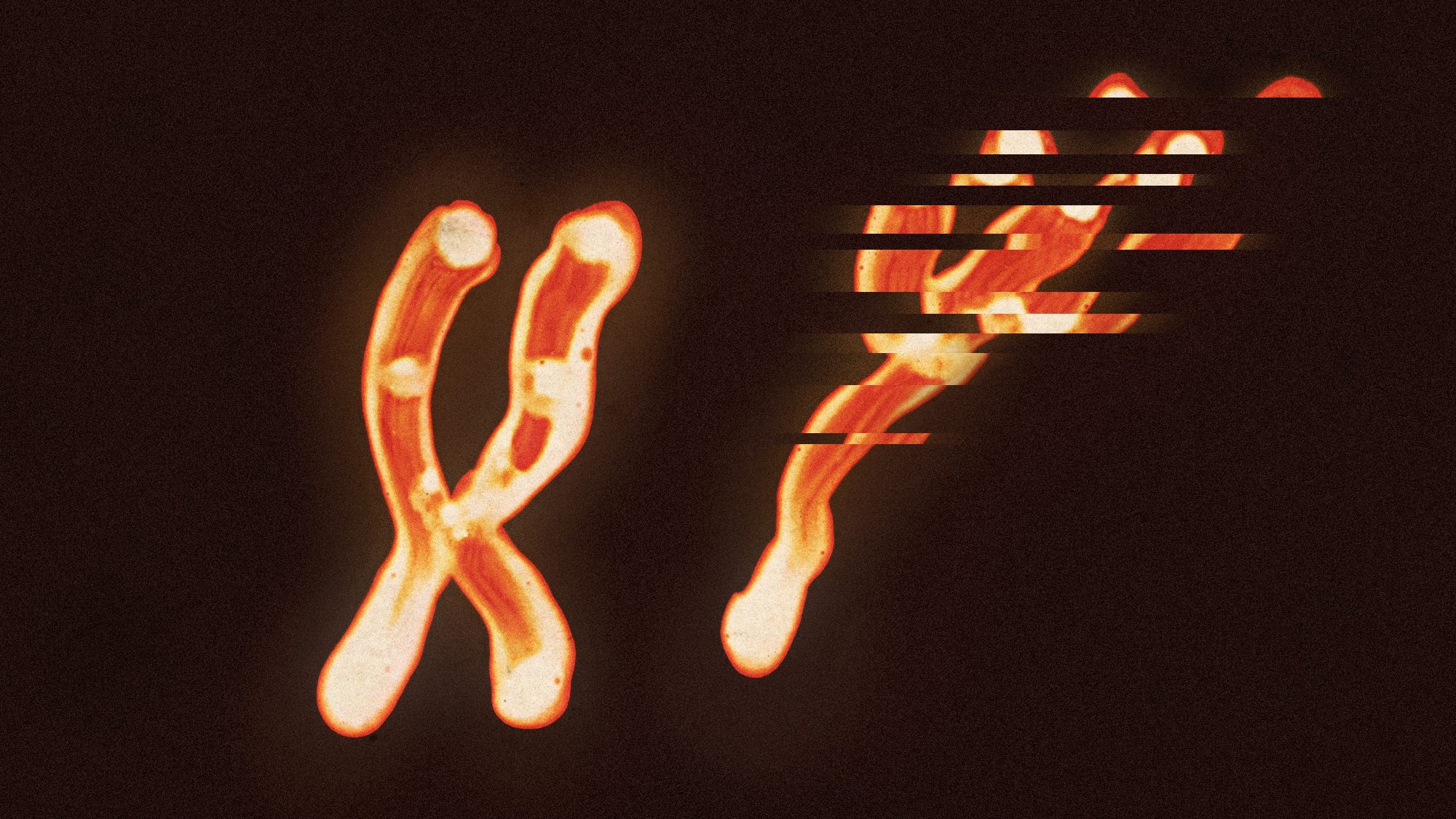 The Y chromosome degrades over time. And men's health is paying for it
The Y chromosome degrades over time. And men's health is paying for itUnder the radar The chromosome loss is linked to cancer and Alzheimer's
-
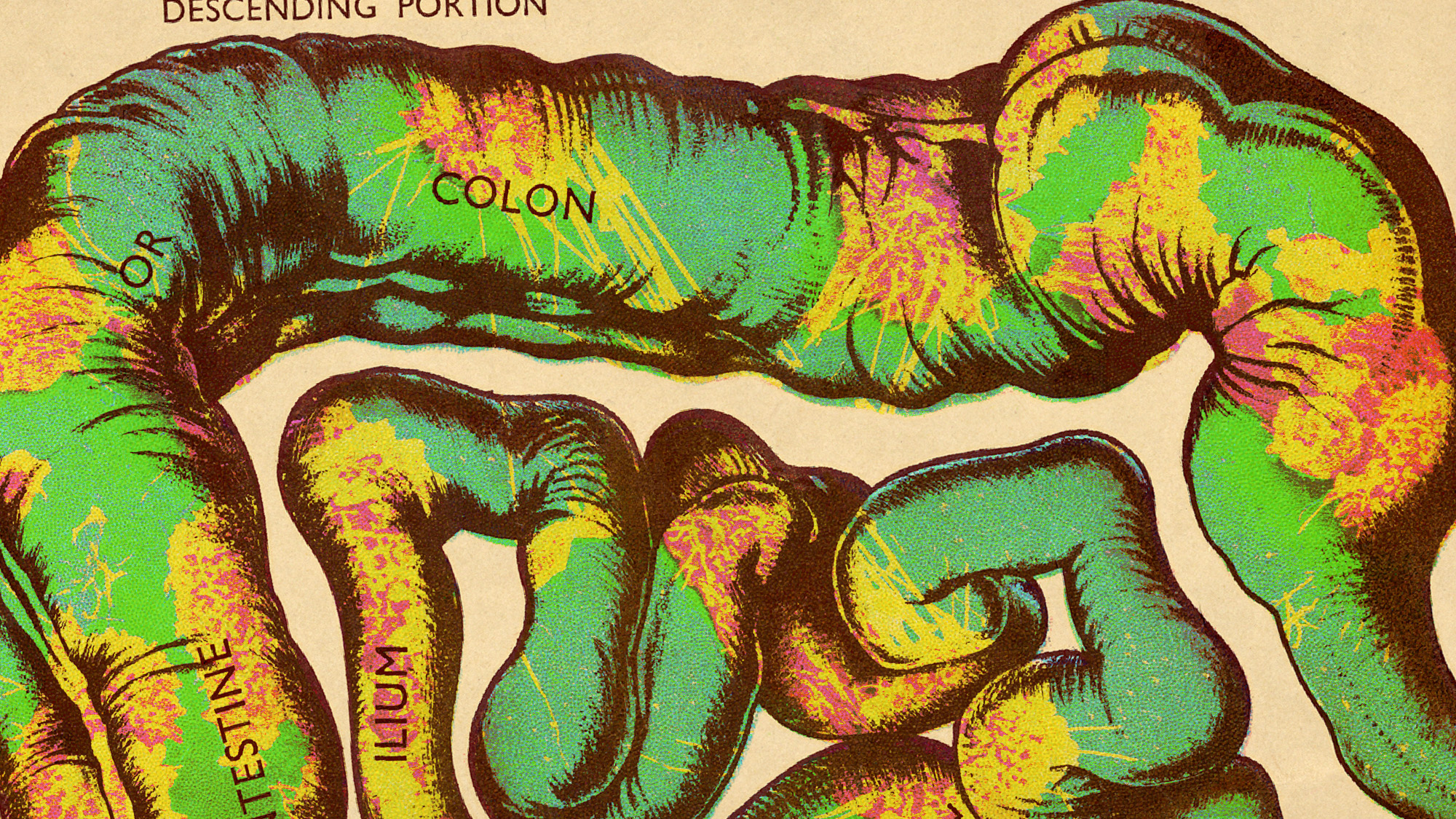 A bacterial toxin could be contributing to the colorectal cancer rise in young people
A bacterial toxin could be contributing to the colorectal cancer rise in young peopleUnder the radar Most exposure occurs in childhood
-
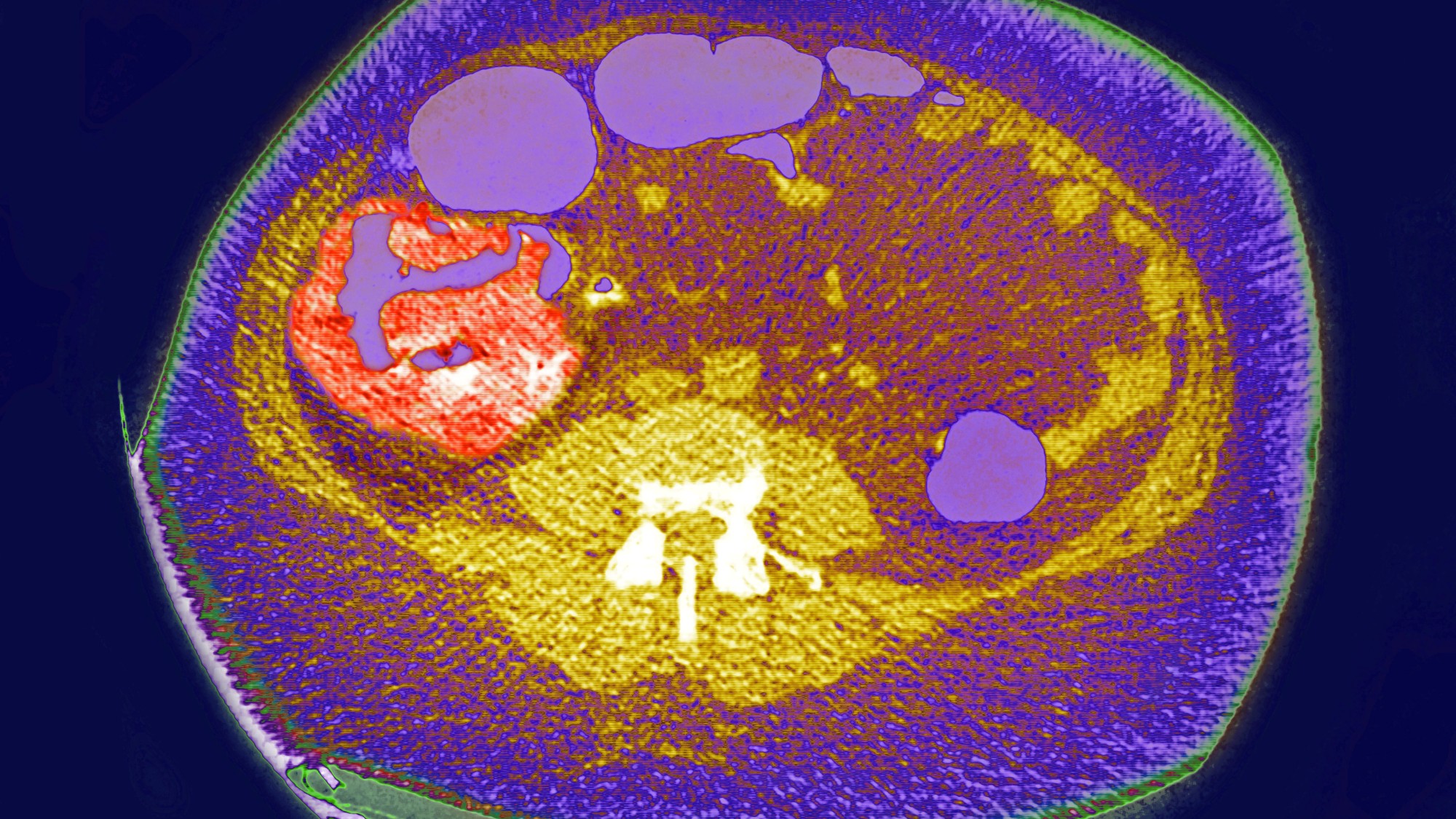 Why are more young people getting bowel cancer?
Why are more young people getting bowel cancer?The Explainer Alarming rise in bowel-cancer diagnoses in under-50s is puzzling scientists
-
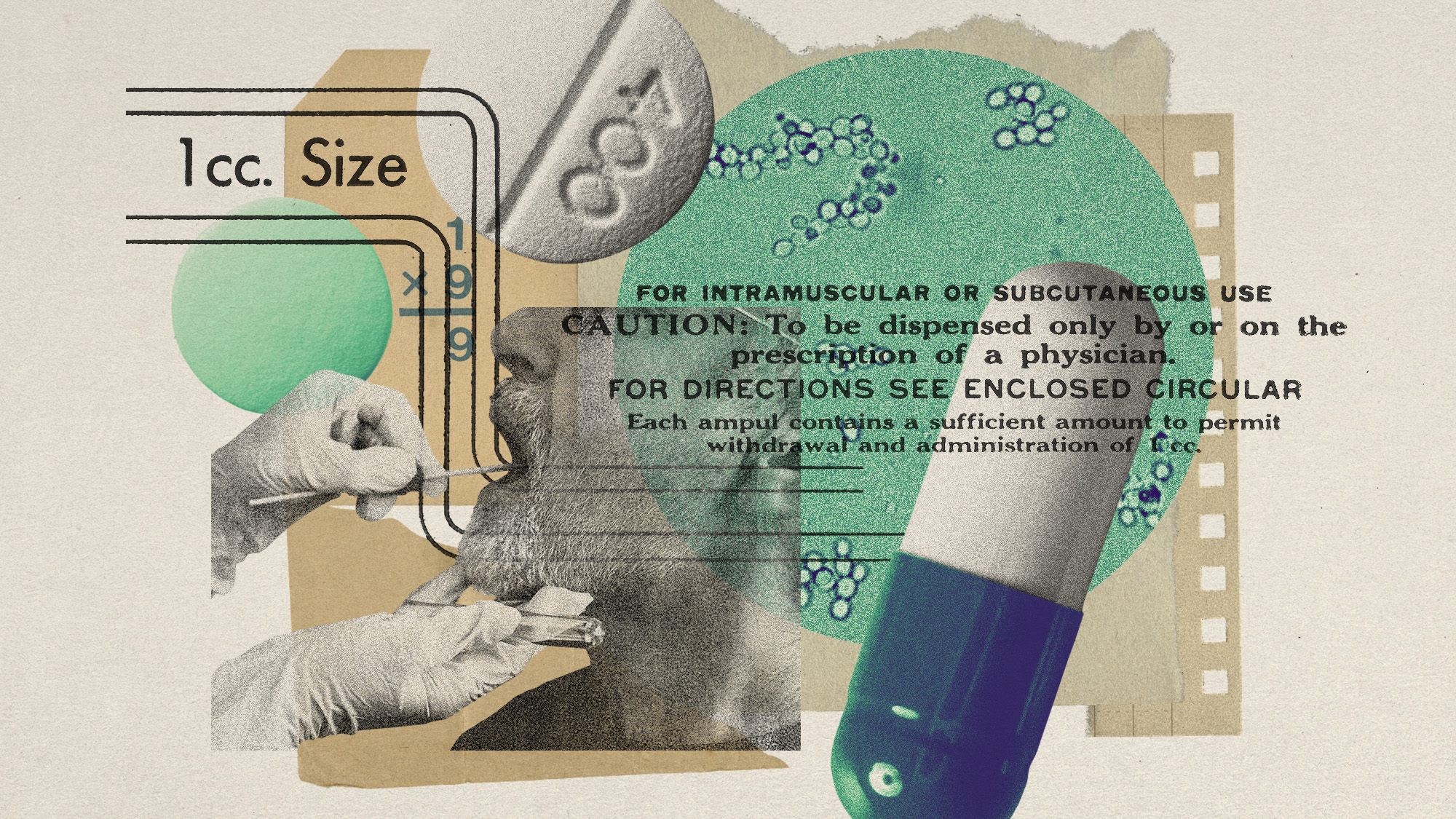 Five medical breakthroughs of 2024
Five medical breakthroughs of 2024The Explainer The year's new discoveries for health conditions that affect millions